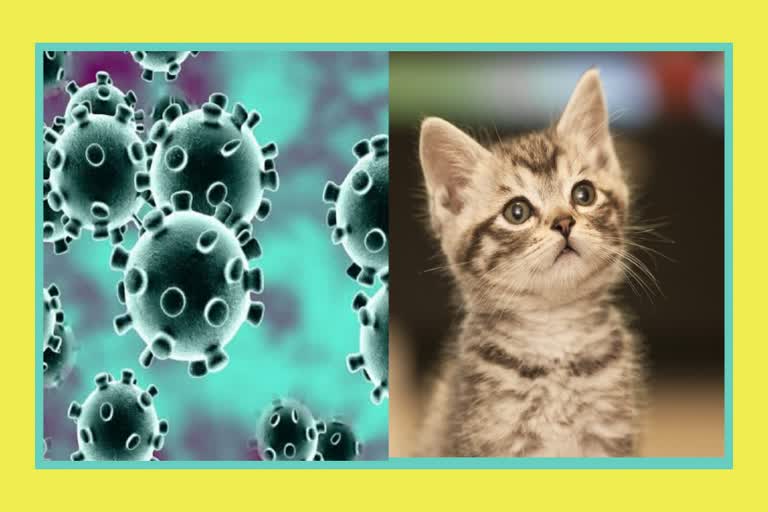New York: Scientists in the US and Japan have documented new evidence that cats can readily become infected with SARS-CoV-2 virus and may be able to pass the virus to other cats.
- Published in the prestigious the New England Journal of Medicine, the study led by University of Wisconsin-Madison suggested that cats may be capable of becoming infected with the virus when exposed to people or other cats positive for SARS-CoV-2.
- New research follows a study published in Science by scientists at the Chinese Academy of Agricultural Sciences that also showed cats (and ferrets) could become infected with and potentially transmit the virus.
- "Cats are still much more likely to get COVID-19 from you, rather than you get it from a cat," said Keith Poulsen, director of the Wisconsin Veterinary Diagnostic Laboratory.
Yoshihiro Kawaoka, professor of pathobiological sciences at the University of Wisconsin's School of Veterinary Medicine led the study, in which researchers administered to three cats SARS-CoV-2 isolated from a human patient.
- The following day, the researchers swabbed the nasal passages of the cats and were able to detect the virus in two of the animals.
- Within three days, they detected the virus in all of the cats.
- The day after the researchers administered virus to the first three cats, they placed another cat in each of their cages. Researchers did not administer SARS-CoV-2 virus to these cats.
- Each day, the researchers took nasal and rectal swabs from all six cats to assess them for the presence of the virus.
"Within two days, one of the previously uninfected cats was shedding virus, detected in the nasal swab, and within six days, all of the cats were shedding virus. None of the rectal swabs contained virus," the study noted.
- Each cat shed SARS-CoV-2 from their nasal passages for up to six days. The virus was not lethal and none of the cats showed signs of illness. All of the cats ultimately cleared the virus.
Also Read: Udacity launches AI programme for healthcare learners
